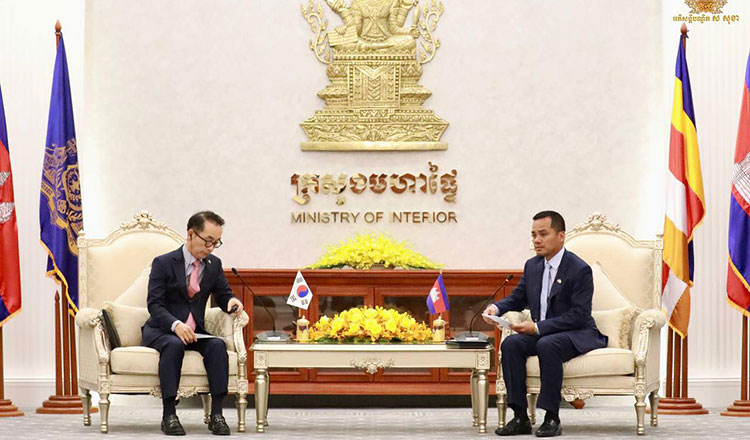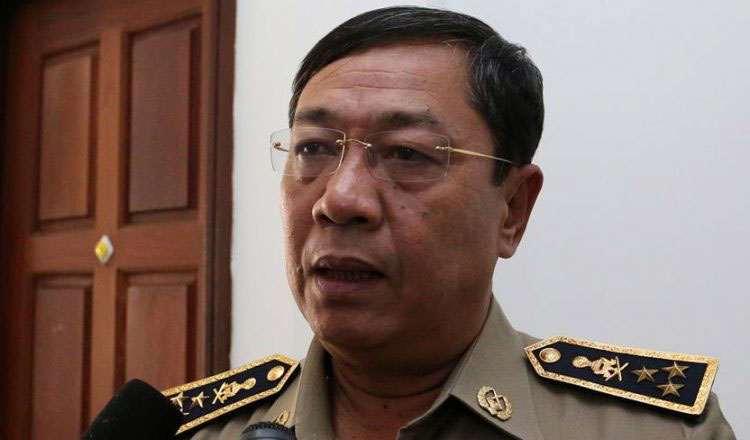Phnom Penh — South Korea has sent a high-level government delegation to Cambodia following the arrests of dozens of South Korean nationals linked to online scam networks — the latest escalation in a cross-border crisis now exposing the vast scale of digital exploitation in Southeast Asia.

According to the Korean Ministry of Foreign Affairs, the delegation includes senior officials from the National Police Agency, Ministry of Justice, and National Intelligence Service, tasked with securing the return of at least 60 South Koreans currently detained by Cambodian authorities. Many are accused of participating in fraudulent call-center and cryptocurrency schemes operated by transnational criminal groups.
Government inspection targets Cambodian hotels and casinos amid rising cybercrime
The move follows months of diplomatic tension between Seoul and Phnom Penh as evidence mounts that South Koreans — often lured by fake online job offers — are being trafficked into scam compounds across Cambodia. Officials in Seoul estimate that up to 1,000 South Koreans may be trapped or involved in these operations, which employ an estimated 200,000 people of multiple nationalities across the country.
Phnom Penh court charges three South Koreans over organised online fraud; 33 others deported
South Korea’s ambassador to Cambodia, Park Jung-nam, confirmed that the delegation would work directly with Cambodian police to coordinate repatriations and investigate the structure of these networks. “This is no longer a case of isolated incidents; this is organized digital crime on an industrial scale,” Park said during a joint press briefing in Phnom Penh.

The crisis intensified after the death of a kidnapped South Korean student in a suspected scam compound earlier this month. That tragedy prompted Seoul to issue an unprecedented “Code Black” travel ban on high-risk areas such as Sihanoukville, Poipet, and Kampot (Bokor Mountain), where online crime hubs are known to operate.

Cambodian officials have pledged cooperation, confirming that 59 South Koreans are scheduled for deportation this week as investigations continue. “We are dismantling illegal networks and holding both local and foreign organizers accountable,” said National Police spokesperson Chhay Kim Khoeun.

Chinese gambling mafia in Cambodia kidnapping people
Regional analysts note that Cambodia has become a key node in Southeast Asia’s growing cyber-fraud ecosystem, alongside Myanmar and Laos, where criminal groups exploit weak border control and digital anonymity. For South Korea, the crisis has now become a matter of national urgency — a test of how far it can extend law enforcement cooperation to protect its citizens abroad and curb one of the fastest-growing forms of modern slavery in Asia’s digital underworld.







































